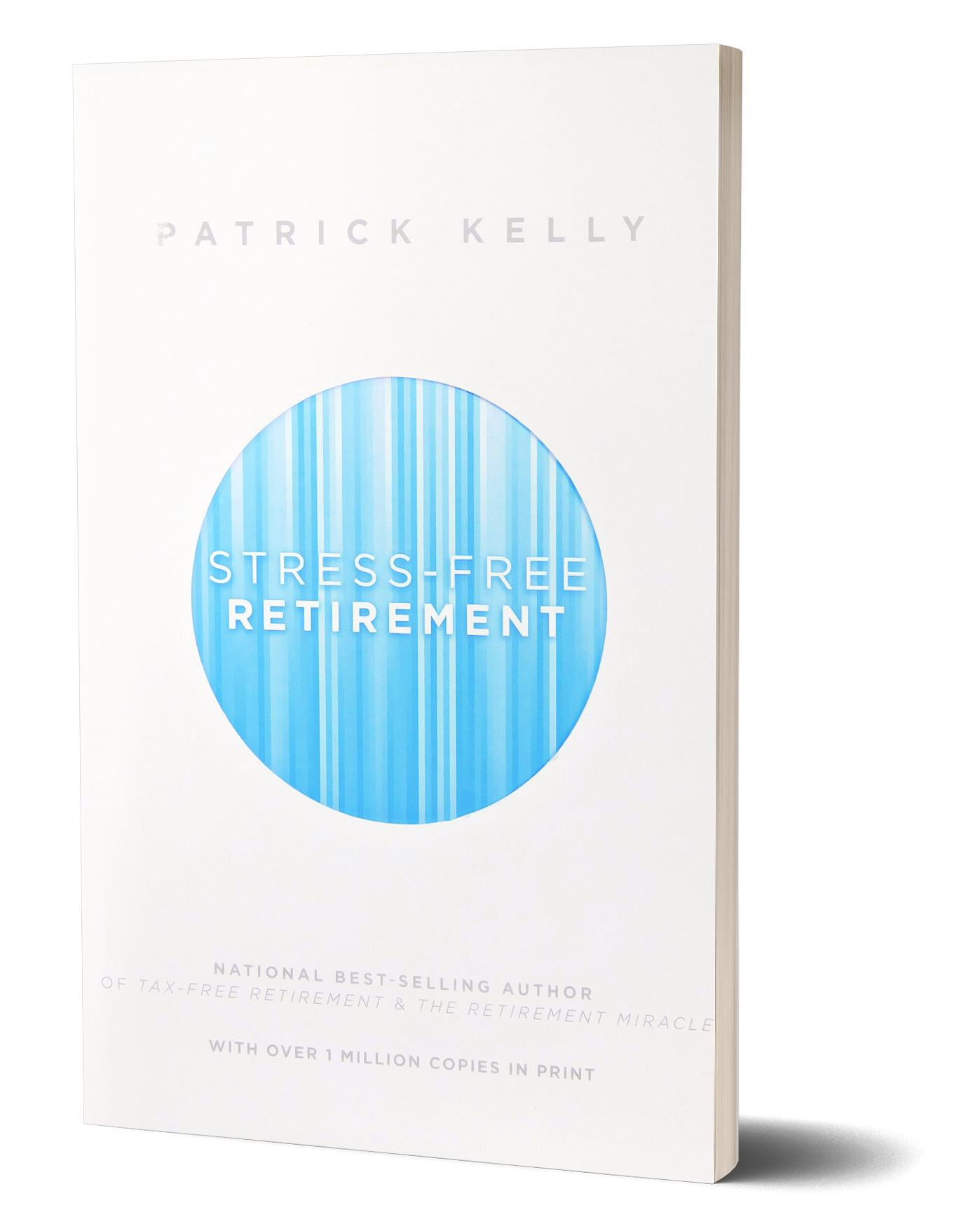According to one study, the average American has $90,460 in debt, which includes all types of consumer debt, such as credit cards, personal loans, and car loans.
Whether you owe a few thousand or hundreds of thousands of dollars, paying off debt can lead to less stress and more opportunities. Use these do’s and don’ts to help reduce your debt burden and enjoy a higher quality of life:
Do Get Organized
First and foremost, take inventory of your debts, so you have a clear picture of how much you owe. Jot down all of your debt accounts, their total balances, and monthly payment requirements. Don’t forget to include small bills, such as overdue utility or cell phone bills, as these can also hinder your finances if you leave them unpaid. Knowing your debts is a great tool for reducing debt.
Don’t Take On More Debt
While this may seem obvious, avoiding any new debt is essential. You might have to forgo or delay certain purchases, like a new car or furniture. The more debt you take on, the more difficult and time-consuming it will be to become debt free.
Do Create A Debt Repayment Plan
Fortunately, there are several ways you can pay off debt. With the debt snowball method, you begin with your reducing your smallest debts and move on to more significant debts to build momentum and stay motivated. The debt avalanche is when you focus on debts with the highest interest rates first to save the most on interest. You may also want to explore other options like debt consolidation and credit counseling.
Don’t Forget About An Emergency Fund
While throwing all your extra money toward debt may be tempting, an emergency fund is essential. Before you pay off any debt, ensure you have three to six months’ worth of expenses. One emergency expense can force you to take on more debt and derail your repayment progress. An emergency fund may also give you some peace of mind.
Do Put Money Windfalls Toward Debt
A money windfall is a sudden, unexpected influx of money. If you get one from a bonus, inheritance, or gift, use it to pay down debt. You can save a portion of it for fun, like a dinner or a weekend getaway.
A Financial Professional Can Help
A financial professional can help you develop a solid game plan for reducing debt so you can improve your finances and increase your financial security. Contact us today to get started.
SWG2306340-0722d The sources used to prepare this material are believed to be true, accurate and reliable, but are not guaranteed. This information is provided as general information and is not intended to be specific financial or tax guidance. When you access a link you are leaving our website and assume total responsibility for your use of the website you are linking to. We make no representation as to the completeness or accuracy of information provided at this website. Nor is the company liable for any direct or indirect technical or system issues or any consequences arising out of your access to or your use of third-party technologies, websites, information and programs made available through this website.
In addition, M3 Wealth specializes in providing strategies and guidance for those who are seeking a better lifestyle in retirement. If you have retirement savings of five million dollars or $50,000, we can ensure it works as hard. As a result, we offer our experience and knowledge to help you design a custom strategy for financial independence. Contact us today to schedule an introductory meeting!


















